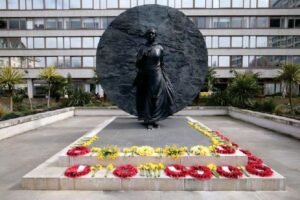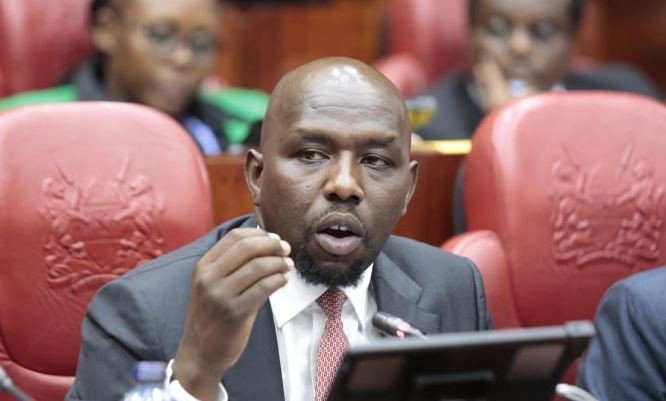Exploring the Neglected Pages of Black British History: A Call for Change

A recent study commissioned by Bloomsbury Publishing (UK) has revealed a glaring deficiency in public knowledge about Black British history. It comes as no surprise that more than half of the people in the United Kingdom cannot name a single Black historical figure. The study’s findings underscore the critical need to address the persistent omission, glossing over, and distortion of Black history in the national conversation.
In England, Black history is notably absent from the national curriculum. It is not a mandatory subject in the nation’s schools, a fact that educators and activists have sought to change for years. Moreover, the focus on Black history is confined to a token month of the year, which is February. It’s crucial to recognize that children represent our future, and early education is a fundamental component of fostering a more inclusive and informed society. Calls to decolonize the curriculum and increase diversity in schools, colleges, and universities have gained momentum, especially following the resurgence of the Black Lives Matter movement in 2020. Yet, these efforts remain insufficient.
While Wales has taken a pioneering step by incorporating Black history into its national curriculum in 2022, England, Scotland, and Northern Ireland have lagged behind. Notably, it’s not due to a lack of desire on the part of teachers. A recent survey of history teachers revealed that 78 percent are eager for training in teaching about migration, and 71 percent are eager for training in teaching about the British Empire. So, why hasn’t more progress been made?
Government pledges, such as the “Inclusive Britain” initiative launched in April, have yet to yield substantial change. Instead, the recent survey findings demonstrate a significant knowledge gap among the public regarding the extent of Britain’s involvement in the transatlantic slave trade. A shocking 53 percent of respondents were unaware of the number of people abducted from Africa by the British. For those who ventured an estimate, the figures were woefully inaccurate. This lack of awareness is disheartening but not entirely surprising, given the underrepresentation of Black history in education and public discourse.
As the UK’s first national newspaper race correspondent, I’ve witnessed how discussions about the historical atrocities of slavery and their ongoing implications are often marginalized in contemporary conversations about inequalities. This underscores the importance of events like the inaugural parliamentary reparations conference, which provided a platform for vital discussions on reparations for the colonization, abduction, trafficking, enslavement, and continued exploitation of people of African descent worldwide.
The recent survey’s findings should not shock us. Instead, they serve as a poignant reminder of the deep-rooted inequalities that persist in a society plagued by structural racism. The public and private sectors continue to fall short on matters of race and diversity. While some organizations treat diversity as a mere “tick-box exercise,” there remains a lack of representation in the creators of educational materials about Black history and media content designed to foster learning in this area. Furthermore, hate crimes based on race are on the rise, as evidenced by recent incidents across the country.
The tragic examples of a “race hate” stabbing, racially motivated stop-and-search incidents, “racial profiling” allegations, and a “racist” attack on public transport all illustrate the enduring challenges faced by Black individuals in the UK. The prevailing sentiment appears to be that Black lives are not accorded the significance they deserve. This perspective contributes to the public’s difficulty in naming Black historical figures.
In conclusion, the study’s findings lay bare a systemic problem that must be addressed. It’s not a matter of individual fault but rather a reflection of the status quo. Recognizing and rectifying the gaps in our understanding of Black British history is a crucial step towards building a more inclusive and equitable society.










